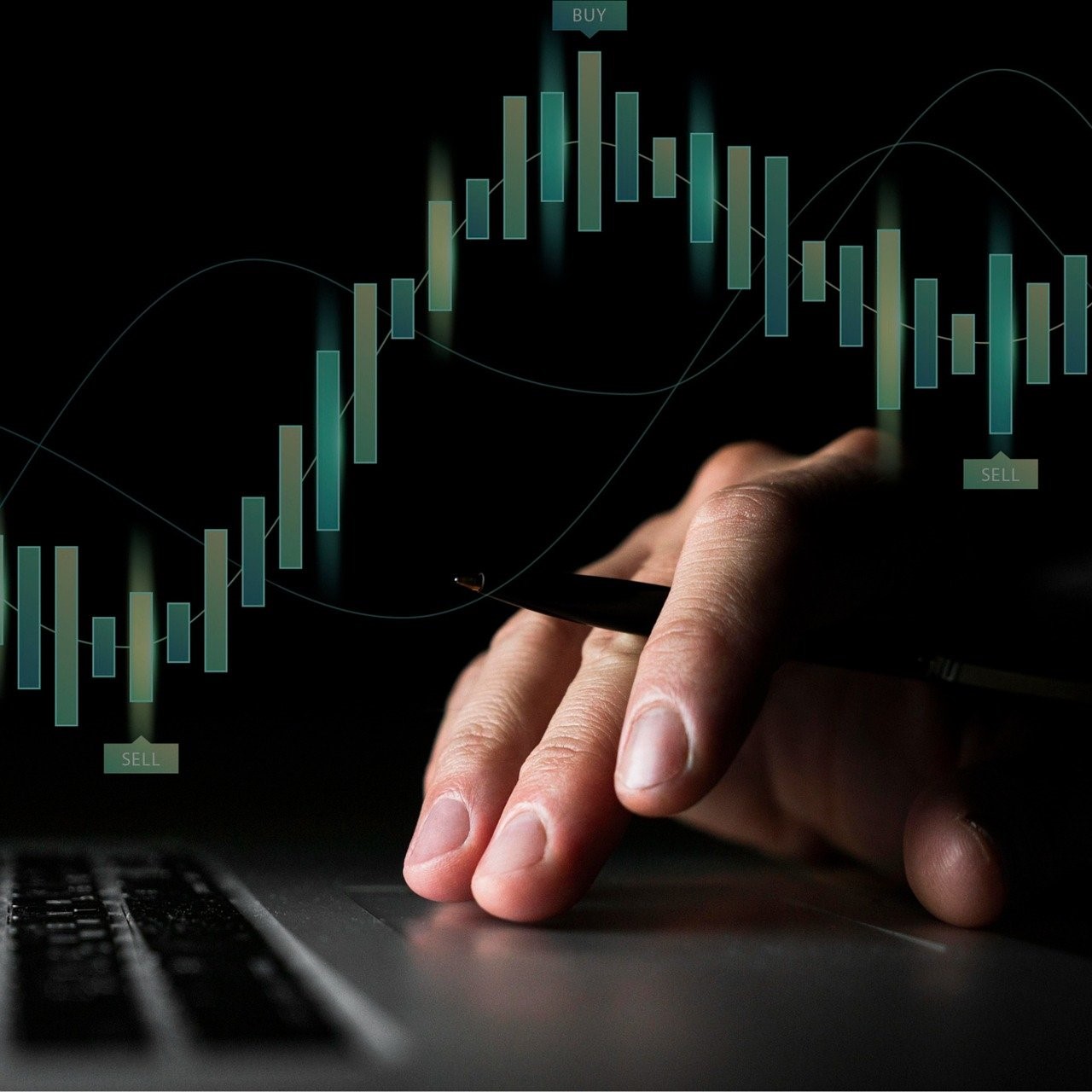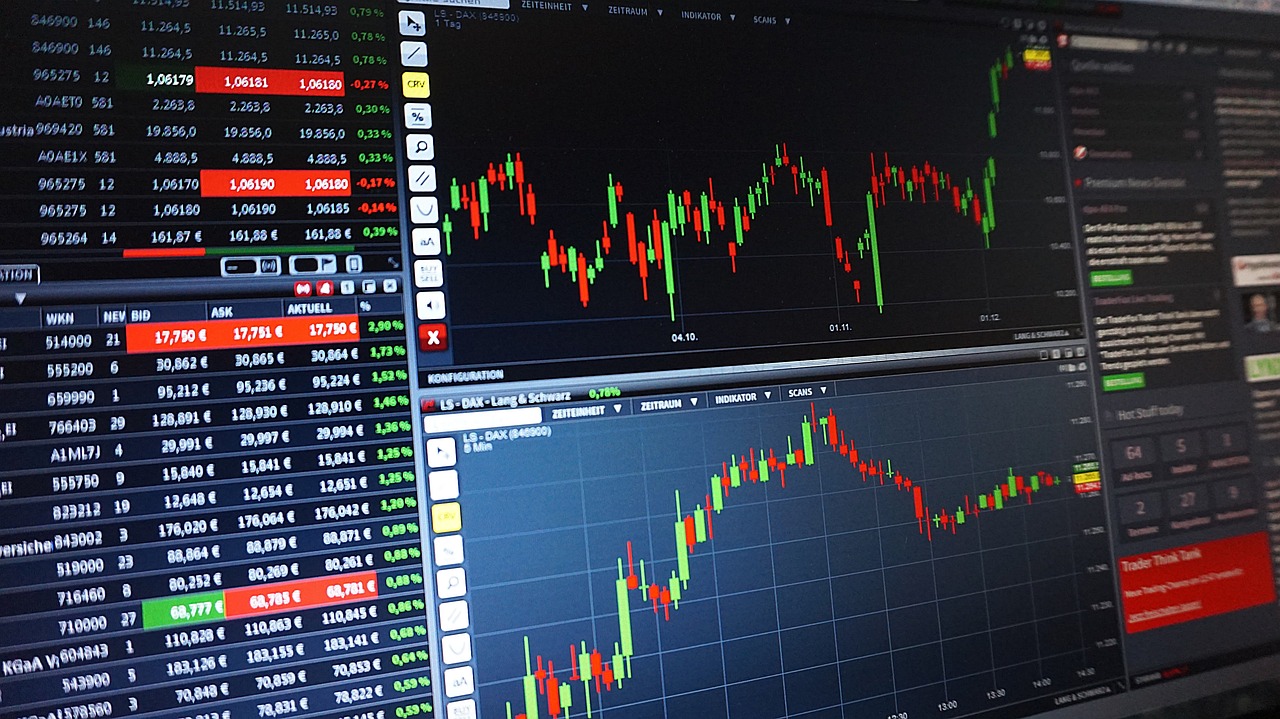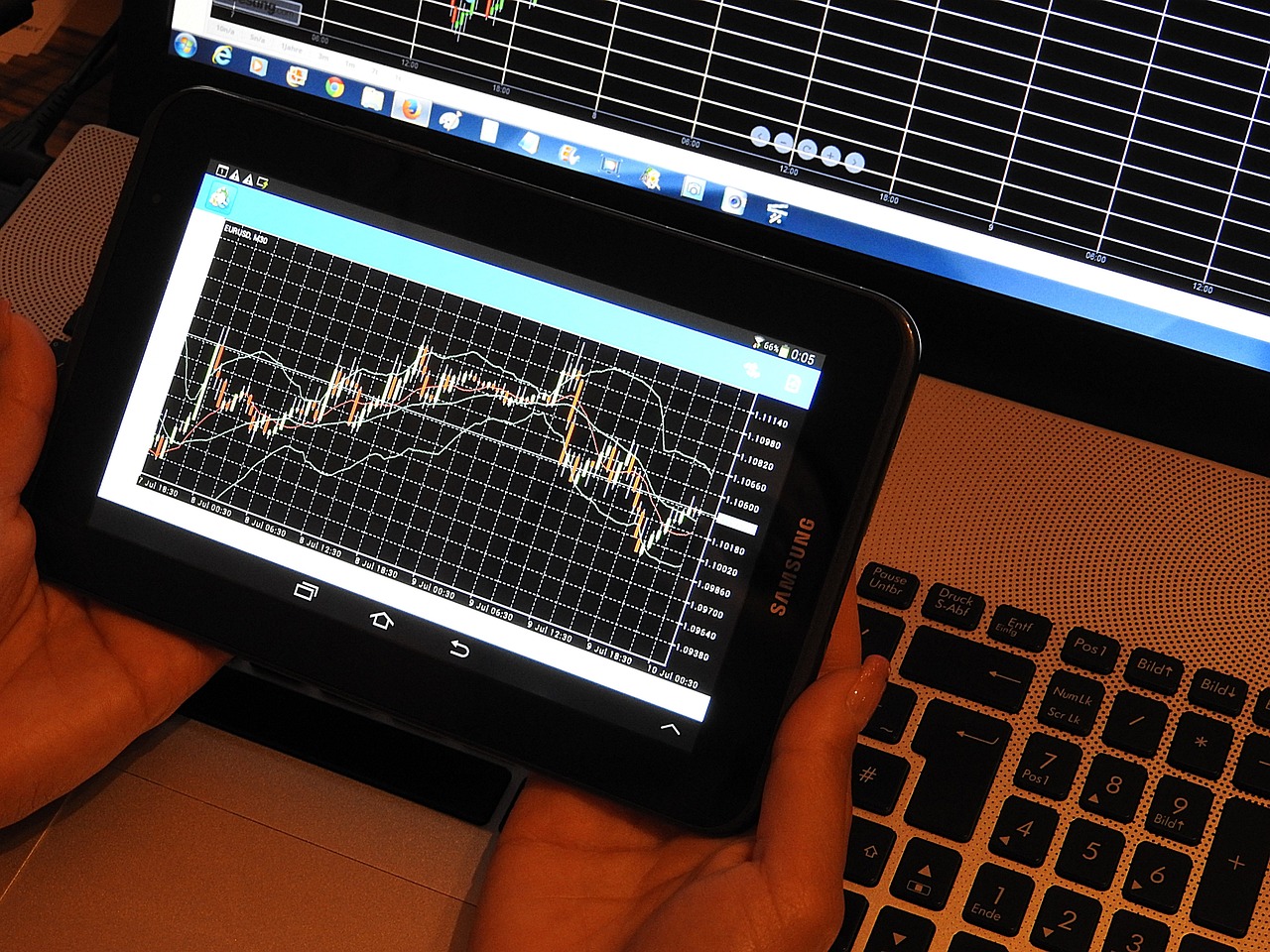Foreign Exchange trade, or Forex trade, is one of the largest financial markets in the world today and certainly one of the most internationalized market. An average of 1-3 trillion dollars exchanged daily poses good opportunities for investors and traders to trade.
1. Forex trading basics:-
First of all, anyone intending to attempt to trade needs to understand forex trading. The forex market is the market used in foreign exchange where customers sell one currency in exchange with another. For example, the most popular is the euro to the dollar (EUR/USD). Here are a few key concepts to familiarize yourself with:
Currency Pairs: Forex trading involves using currency pairs. While the first currency is referred to as the base currency, the second currency is actually termed the quote currency. For instance, EUR/USD means that EUR is the base currency, and USD is the quote currency in the pair.
Pips: Pip is the fourth digit, shifted after a comma in the foreign exchange rate, and refers to a price interval. This is usually the 4th decimal in most currency pairs, more often than not, moving up and down without significant changes.
Leverage: Margin trading is a familiar feature of Forex trading, where a trader has an opportunity to control an important position with negligible investment. While this results in improved profits, it is usually achieved at a cost of risk.
2. Set Your Goals
First, there is a goal that has to be determined before the trading model is applied. Similarly, there are many other parameters. Are you interested in making cash from trading on the side, or have you considered trading as part of your full-time career? If you have clear, specific trading goals, practicing a good work ethic as you trade will be easy.
3. Select a Good Forex Broker
Choosing a loyal forex broker is one of the most important and serious decisions. Look for a broker that:
Has a license from a renowned regulatory body (FCA, SEC ASIC, etc.).
It also provides a very efficient place for buying and selling.
Offers competitive spreads and low charges.
Has reasonable customer service and educational tools.
Read customer reviews and try to choose the right broker with which you will cooperate in the future.
4. Open a Demo Account
The majority of brokers provide demo trading accounts where you trade with virtual currency. These accounts allow you to take a first step on the platform, try strategies, or learn how the markets work without dealing with real money.
5. Learn Technical and Fundamental Analysis.
Successful trading often relies on both technical and fundamental analysis:
Technical Analysis: Here, price charts are examined, and other parameters are influenced to make predictions about future prices. Ideally, you should know support and resistance levels, trend lines, and other charts, among other things.
Fundamental Analysis: This concentrates on matters peculiar to the economies of individual countries or world events that can affect foreign exchange markets. Be aware of interest rates, employment statistics, and other features of magnitude.
6. Develop a Trading Strategy
It is essential to have a clear trading plan to succeed in the stock exchange. Your strategy should outline:
Entry and exit points: When will you go long or short?
Risk management: How much are you, in fact, willing to jeopardize with each trade? The general guide is to trade 1-2 % of the total capital on the particular exchange.
Time frame: What kind of trader do you consider yourself? A day trader, a swing trader, or a long-term investor? Your trading style will be affected by the time frame you select.
7. Start Trading with Real Money
After finishing all the experiments in the demo account and becoming confident in your abilities and plans, it is time for you to move on to real money accounts. Always use small accounts to trade to reduce the dangers involved and build up account size later as you become more experienced.
8. Keep a Trading Journal
Emotional recording is crucial for analyzing trades, so you need to keep a trading journal. It would help if you recorded how you entered and exited each position, your reason for taking it, and what happened. When performing on stage, you can quickly notice repeated mistakes, figure out strategy flaws, and work on them in the future.
9. Be Up to Date and Learn More
The forex market is complex and flexible. You should always be trying to learn more about economic events occurring worldwide and taking time every day to learn more about how trading works, what market activities are, and how to analyze them. Books, articles, courses, forums, and almost everything available on the Internet can add to your knowledge.
10. Be Patient and Disciplined
Forex trading is not a way to earn easy and quick money on the foreign exchange markets. It takes time, especially to see results, is serious business, and requires one’s spirit to adapt to new discoveries. In trading, stick to your trading plan and do not get swayed by your emotions or the disease of fear or greed.
Conclusion
Beginning your forex trading career can be thrilling and also somewhat daunting. Once you have gone through the basics, set goals, found a reliable broker, studied analysis tools, and formed a usable trading plan, you will be ready to trade in forex. It is essential to bear in mind that trading is a profession that requires time, effort, and effort to become a professional in it.
Happy trading!





